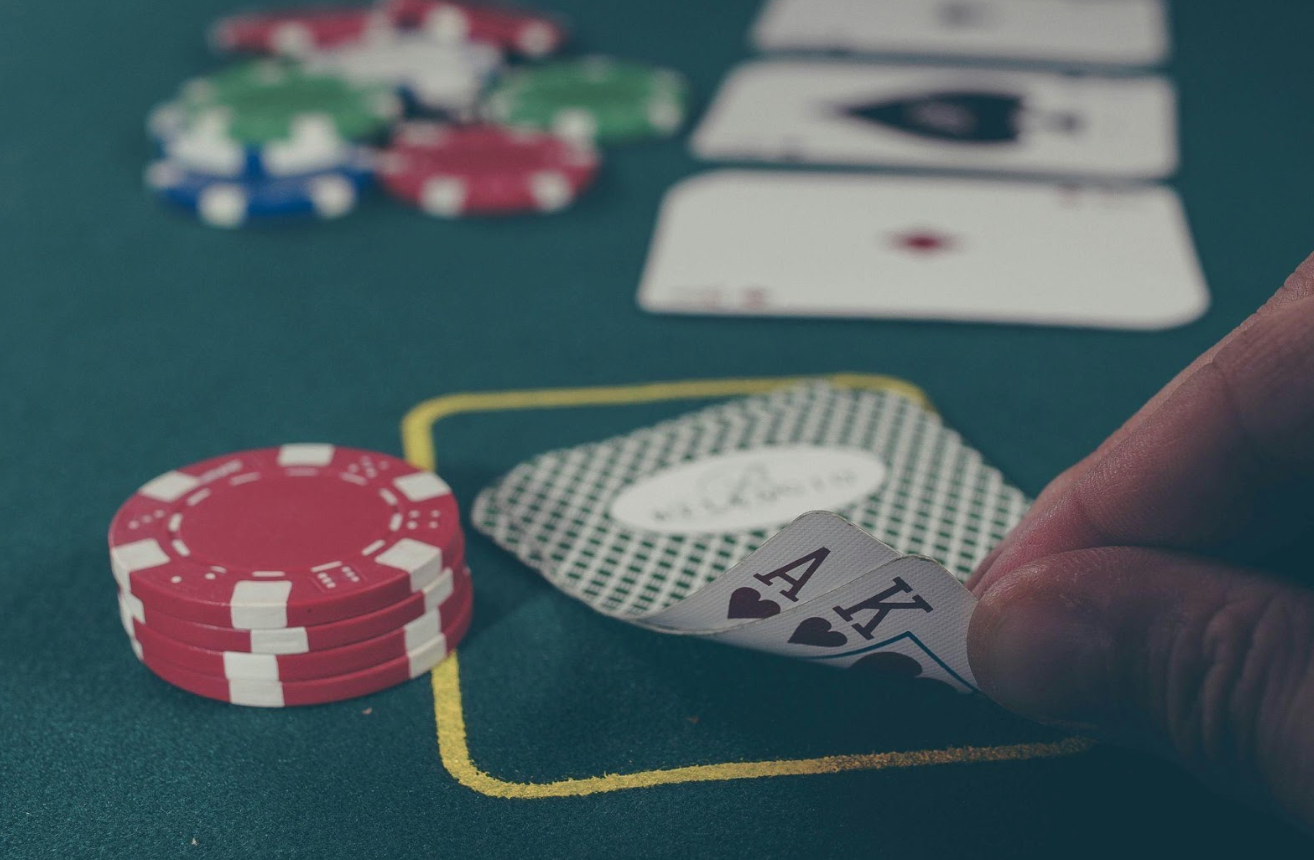Gaming Culture & Society: Why People Are Drawn to High-Variance Experiences

It’s no coincidence that poker rooms, roulette wheels, stock charts, and even roller coasters tap into the same psychological itch. The thrill of uncertainty, that electric space between winning and losing, is something humans have gravitated toward for centuries. And in today’s digital age, high-variance experiences are no longer confined to smoky casinos or Wall Street trading floors. They’re a tap away, available to anyone with a phone, a crypto wallet, and perhaps even a coinpoker bonus code to get started with an edge.
But why are we, as a species, so fascinated by situations where the outcome is unpredictable, where fortunes can shift in seconds? The answer isn’t just about money. It’s about emotion, identity, and how we navigate a world that’s inherently uncertain.
A Brief History of Chasing Uncertainty
From the ancient dice games of Mesopotamia to modern online poker rooms, gambling has evolved dramatically, but our emotional connection to risk remains the same. High-variance experiences speak to something primal: the desire for a big win, yes, but also the exhilaration of the unknown.
Historically, societies have embraced gambling not just as entertainment, but as a social ritual. In many cultures, games of chance were tied to spirituality, fate, and fortune-telling. Today, those cultural roots remain, even if the gameplay looks a bit more digital.
The Biology of the Bet: What Happens in the Brain
Our love for variance starts in the brain. Gambling, like other thrill-based activities, stimulates the release of dopamine, the feel-good chemical associated with reward. But what’s fascinating is that dopamine isn’t just released when we win; it also spikes in moments of anticipation.
This is why near-misses in slot machines or just-missed straights in poker feel oddly satisfying. The brain reads “almost winning” as “still in the game,” which keeps us engaged.
According to research from the National Institutes of Health, the same reward circuits are activated during gambling as during pleasurable activities like eating or socializing. This means our attraction to high-variance play isn’t a flaw, it’s a feature.
Controlled Risk vs. Chaos
It’s easy to assume that people seek high-variance experiences for adrenaline or money. But there’s a deeper reason: a sense of control within chaos.
Games like poker offer the perfect environment for this. Players engage in a setting where skill meets chance, and while the outcome isn’t guaranteed, your decisions influence the probability. That balance between strategy and uncertainty is what keeps the experience compelling.
Unlike purely random games, poker offers a form of mental self-expression. You’re not just betting chips; you’re navigating personalities, patterns, and probabilities.
Why Online Gambling Is So Appealing Today
The digitization of high-variance experiences has changed the way we engage with them, and who gets to participate. Platforms that offer crypto-based access and low-friction onboarding (like being able to start with a coinpoker bonus code) are lowering the entry barriers for players around the world.
What was once confined to in-person poker rooms or regulated casinos is now global, decentralized, and community-driven. You can be playing Texas Hold’em with someone in Korea, bluffing your way through a tournament, and cashing out in digital tokens, all within minutes.
This ease of access has expanded gambling culture beyond stereotypes. It’s not just high-rollers in tuxedos anymore, it’s coders, college students, crypto investors, and part-time grinders. The appeal lies not in the glamor, but in the game itself.
Variance in Other Walks of Life
Interestingly, gambling isn’t the only place we see humans chase high-variance outcomes. Think about:
- Entrepreneurship: Launching a startup has far worse odds than hitting a flush on the river, yet people do it for the chance at outsized rewards.
- Creative Arts: Actors, musicians, and writers all endure high rejection rates, hoping for a breakout hit.
- Dating Apps: Swiping through hundreds of profiles for that one connection? That’s variance at work.
What ties all of these together is the human willingness to embrace risk for the hope of transformation.
The Social Side of the Gamble

Gambling also thrives because it’s rarely a solo act. Even when we’re playing alone online, we’re part of a larger system, competing, watching leaderboards, reading chat banter, sharing bad beats on social media.
This social fabric adds meaning to the gamble. Wins are sweeter when shared; losses sting less with camaraderie. High-variance experiences are not just about outcomes, they’re about stories.
And every gambler, whether novice or seasoned, has a story. The first big win. The brutal bubble exit. The perfect bluff. These narratives form a kind of oral tradition within gambling circles, binding players across geography and generations.
Risk as Identity
For some, engaging in high-risk activities is more than a hobby, it becomes part of how they see themselves.
“I’m a player.” “I take calculated risks.” “I bet on myself.”
These aren’t just throwaway lines. They represent a worldview that embraces volatility as a path to growth, learning, or self-discovery. It’s not about recklessness, it’s about a willingness to step into the unknown.
This mindset isn’t limited to poker tables or sportsbooks. It shows up in trading communities, startup ecosystems, and even the language of modern hustle culture.
The Role of Bonuses in Modern Gambling Culture
One of the subtle ways the gambling industry has leaned into human psychology is through the design of bonus systems. Promotions, loyalty programs, leaderboard races, all of them provide players with an added layer of motivation.
For example, players using a coinpoker bonus code aren’t just getting extra chips. They’re being invited into a deeper relationship with the platform: more play, more engagement, more community.
Bonuses create mini-goals within the larger game, which taps into our need for achievement and progress. Even if variance makes outcomes unpredictable, progress systems make the experience feel meaningful.
Why This Culture Persists, and Grows
Critics sometimes argue that gambling’s popularity is a sign of societal decay or escapism. But that view overlooks the resilience, intelligence, and adaptability of gambling communities.
Modern gamblers study math, psychology, game theory, and data analytics. They form collectives, share knowledge, and push each other to improve. They celebrate discipline as much as daring.
In a world full of passive entertainment, gambling offers something interactive, challenging, and dynamic. It’s not about watching someone else win, it’s about taking your own shot.
Gambling culture isn’t going anywhere, because it’s not about addiction or recklessness. It’s about possibility. It’s about leaning into variance not as chaos, but as a canvas for choice, courage, and connection.
Whether it’s a new player trying out a coinpoker bonus code, a veteran chasing a tournament title, or an entrepreneur risking their savings on an idea, the desire to embrace risk, to dance with the unknown, is part of what makes us human.
In that sense, gambling culture isn’t a fringe subculture. It’s a mirror. One that reflects our deepest desire: to turn the unpredictable into something unforgettable.



